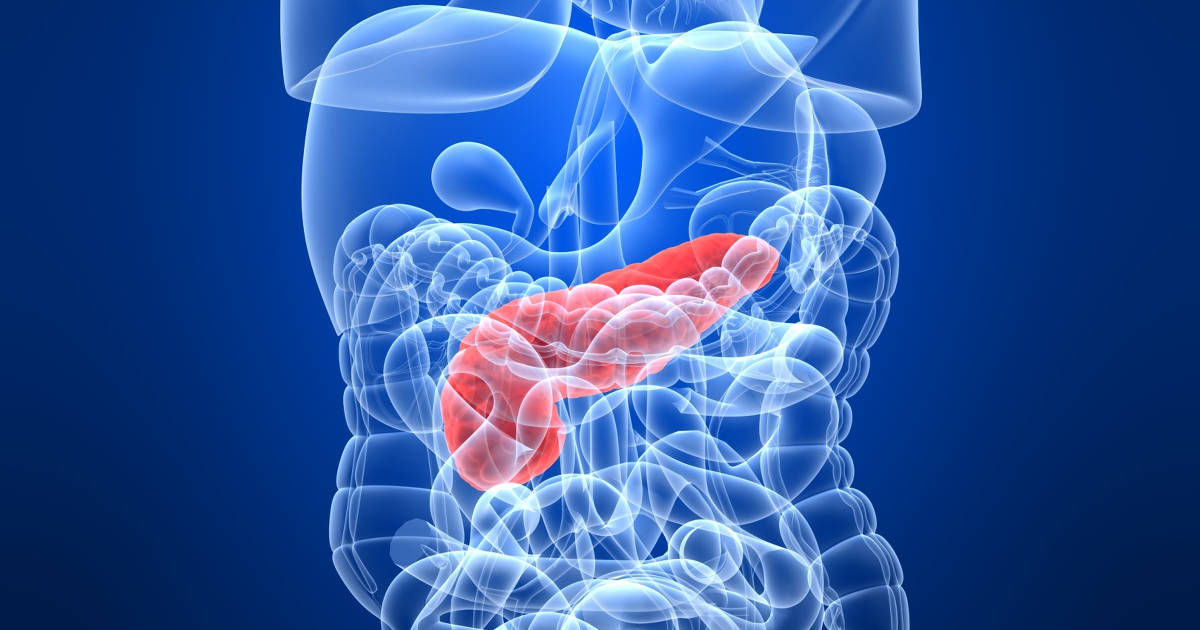Symptoms Of Primary Biliary Cholangitis
Swollen Spleen

Individuals with primary biliary cholangitis may present with a swollen spleen as a symptom of their disease. Portal hypertension, high blood pressure in the vein that blood uses to move from the intestines, gallbladder, pancreas, stomach, and spleen to the liver, can contribute to the spleen enlargement. Portal hypertension is the result of liver scarring caused by a build-up of bile in the liver. The spleen is an organ responsible for recycling old red blood cells, storing white blood cells and platelets, and fighting off certain pathogens. Portal hypertension causes the enlargement of the proximal spleen in a patient's body due to reduced blood flow to the portal blood vessels from the spleen. This reduced blood flow results in the accumulation of white blood cells and platelets in the spleen being overproduced. The overproduction of such blood components is caused by the liver's inability to perform its function of filtering toxins out of the blood. A healthy spleen and immune system can help with filtering toxins from the body to a certain extent, but not enough to stop them from accumulating in the absence of healthy liver function.
Get more details on the symptoms related to primary biliary cholangitis now.